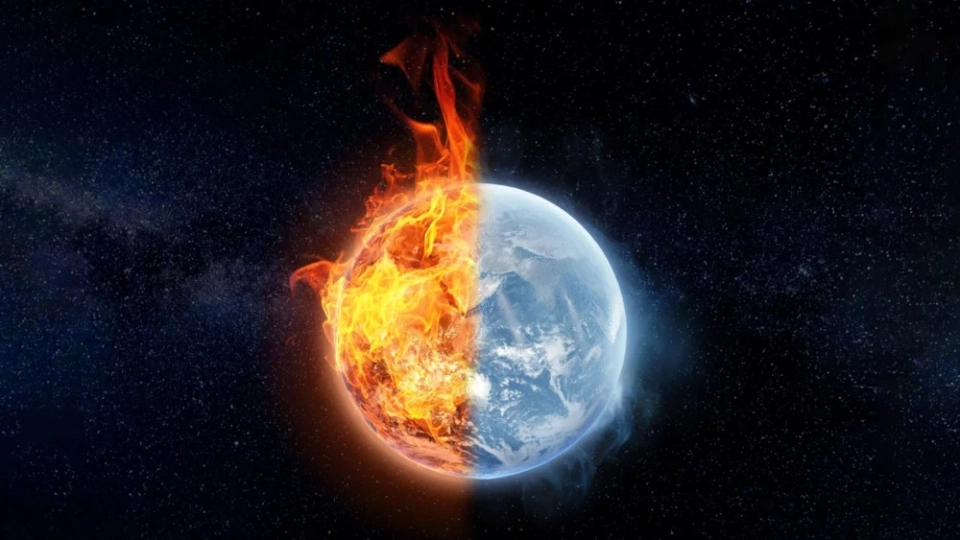Global warming may unexpectedly trigger a new ice age
Research conducted by scientists from the MARUM Center for Marine Environmental Sciences at the University of Bremen shows that global warming could unexpectedly lead to glaciation.
The Earth's climate is maintained in balance not only through the slow weathering of silicate rocks, which act as a carbon reservoir, but also through the interaction of biological and oceanic cycles. In particular, the role of algae, oxygen, and phosphorus turns out to be much more significant than previously thought.
For a long time, scientists believed that the primary mechanism regulating the climate was the weathering of rocks. During this process, rain absorbs carbon dioxide from the atmosphere, which then dissolves exposed rocks. The released carbon and calcium enter the ocean and serve as the basis for the formation of shells and limestone reefs, which store carbon in marine sediments for millions of years.
“The warming of the planet accelerates the weathering of rocks, which in turn leads to increased CO₂ absorption and cooling of the Earth,” explains researcher Dominik Hülse.
However, throughout Earth's geological history, there have been events when the planet completely froze. Researchers emphasize that this cannot be explained solely by weathering, and that other factors exist for such drastic temperature fluctuations.
A key point is how carbon is stored in the oceans. With increasing CO₂ concentration in the atmosphere and warming waters, more nutrients, such as phosphorus, enter the sea. These substances promote the growth of algae, which absorb carbon during photosynthesis. When algae die, they settle to the ocean floor, carrying carbon with them.
However, under conditions of elevated water temperatures, the active growth of algae can lead to oxygen depletion. In conditions of oxygen scarcity, phosphorus is recycled rather than sequestered, thus creating a closed cycle: an excess of nutrients causes an increase in algae, which, when decomposing, consume even more oxygen, further enhancing nutrient release. As a result, carbon remains in marine sediments, contributing to the cooling of the planet.
Hülse and his colleague Andy Ridgwell are working on creating a complex computer model of the climate system that accounts for all these interactions.
“Our model shows that the climate does not always stabilize after warming. On the contrary, it can cool to values significantly below the initial ones, although this process may take hundreds of thousands of years. Within our model, this could lead to the onset of an ice age. Using only silicate weathering, we were unable to model such extreme changes,” adds Hülse.
The results of the study indicate that during periods of low atmospheric oxygen, as was the case in ancient times, such cycles could lead to severe ice ages that shaped the early geological history of the Earth.
With increasing CO₂ emissions into the modern atmosphere, the planet will continue to warm. However, according to the scientists' model, this could ultimately lead to a new cooling in the long term, although it is likely to be less abrupt since today's oxygen levels in the atmosphere are higher than in the past, which weakens the described cycles.
“Is it important whether the next ice age begins in 50, 100, or 200 thousand years?” Ridgwell questions. “Right now, we should focus on limiting current warming. Natural cooling will not happen quickly enough to help us.”
The research is supported by the "Ocean Floor - An Unexplored Interface of the Earth" cluster of excellence based at MARUM. Hülse intends to use his model to study how the Earth may have recovered after past climate changes and what role the ocean floor played in this.
Read also:
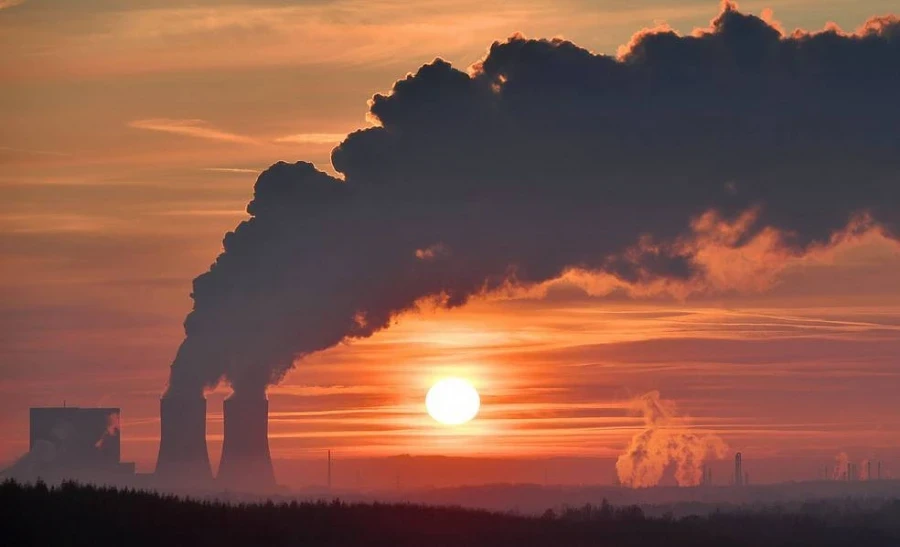
WHO: Global warming causes one death every minute
Burning coal is one of the key causes of global warming...

Revenge of the Earth? Scientists Answer Why "Impossible" Earthquakes Are Occurring Worldwide
Researchers from Utrecht University in the Netherlands have discovered the causes of so-called...
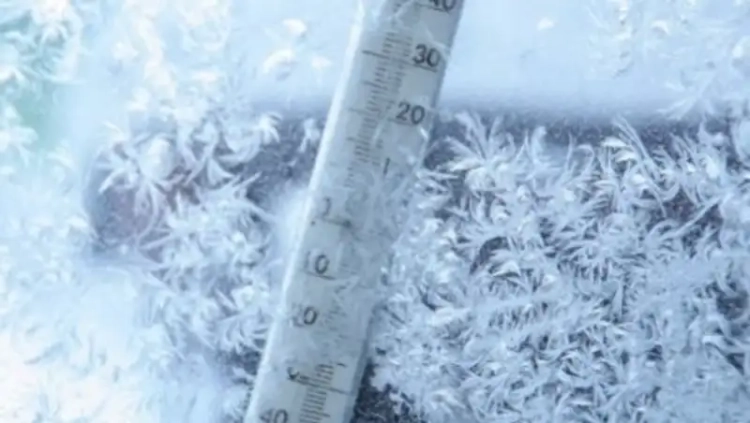
Snowy winters are returning to Europe, but this is not a reason for joy
According to forecasts, new winters in Europe may be full of snow and frost, but scientists see...

Ancient Information about the Structure and History of the Earth's Surface
If we consider events spanning a longer geological time, the ideas expressed in the epic...

Alyoshin Yuri Georgievich
Alyoshin Yuri Georgievich Candidate of Technical Sciences, Academic Advisor of the Engineering...
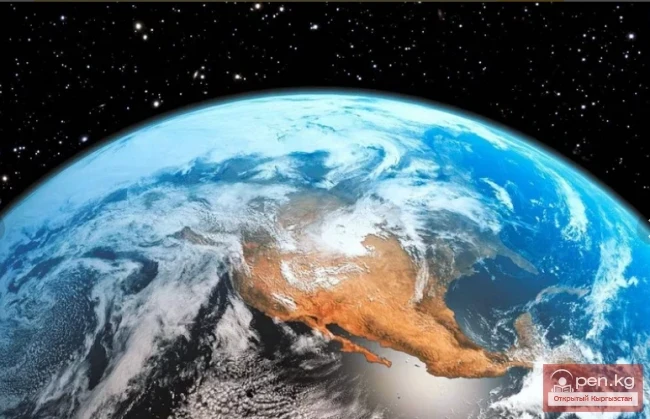
Several Interesting Facts About Planet Earth
Unique Planet Earth Planet Earth is just one of eight (according to the latest data) planets in...

Tajibaev Kushbakali Tajibaevich
Tajibaev Kushbakali Tajibaevich Doctor of Technical Sciences. Honored Scientist of the Kyrgyz...

Manzhikov Batyr Tsebekovich
Manzhikov Batyr Tsebekoich (1950), Doctor of Physical and Mathematical Sciences (1997) Kyrgyz....
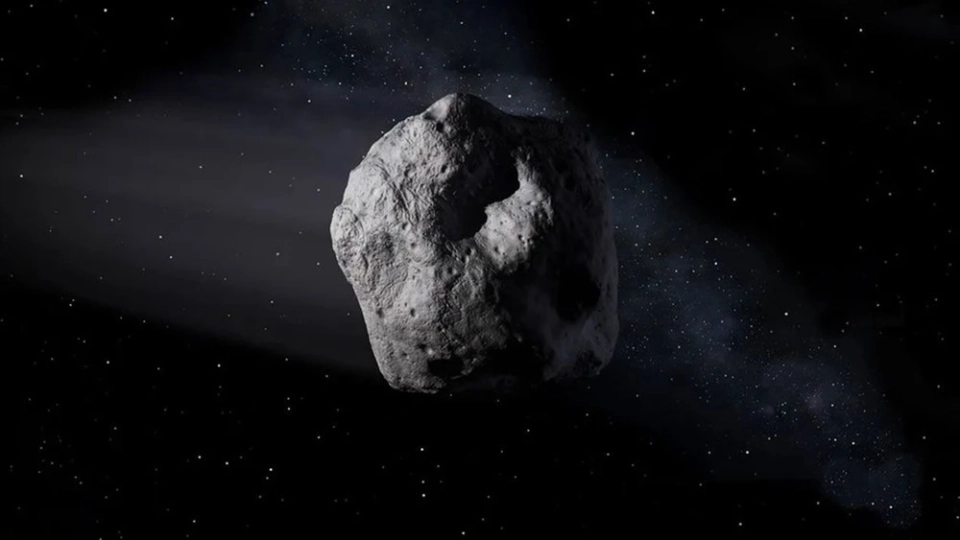
Astronomers have discovered a previously unknown quasi-moon near Earth
Illustrative photo Recent studies by astronomers have revealed an interesting cosmic object that...

The Timeless Value of Observations by Folk Estimators
Modern Weather Reports and Forecasts Simple yet accurate experiments and systematic observations...

Interesting Facts About Our Planet
Did you know that... The Earth was first photographed from space in 1959 by the Explorer 6...

Tajibaev Kushbakali Tajibaevich
Tajibaev Kushbakali Tajibaevich (1945), Doctor of Technical Sciences (1994), Professor (2000)...
2025 will be the second warmest year on record - WMO
According to the World Meteorological Organization (WMO), 2025 could become the second or third...

Zhumabaev Beishenbek Zhumabaevich
Zhumabaev Beishenbek Zhumabaevich (1947), Doctor of Technical Sciences (1993) Kyrgyz. Born in the...
Depression May Accelerate the Deterioration of Memory and Cognitive Functions - Study
In a study conducted by scientists from China, it was found that depressive states may contribute...
Study: The Number of Cancer Cases Related to Obesity is Rising
A recent global study indicates an increase in cancer cases among youth worldwide, with obesity...
Scientists have determined how many steps elderly people need to take each day
A new study published in the British Journal of Sports Medicine debunks the myth that one must walk...

Scientists have discovered a new powerful antibiotic against superbugs
This new antibiotic, methylenomycin A, was discovered over 50 years ago; however, the...

The Hidden Danger of City Life for Health Has Been Revealed
A study conducted by scientists from the University of Zurich (UZH) revealed that living in urban...

Express Facts about Earth
Air pollution in China is so severe that it can be seen from space. A cubic meter of the...

The title translates to "The Entertaining Planet."
The clearest water is found in the Sargasso Sea (Atlantic Ocean). There are over 1300 types of...

Stepanov Vladimir Yakovlevich
Stepanov Vladimir Yakovlevich (1939), Doctor of Technical Sciences (1991), Professor (1995)...

The Kyrgyz-Chinese Earth Observation Center and Digital Earth Opened at the Academy of Sciences -
The "Earth Observation and Digital Earth Center" has been established at the Institute...
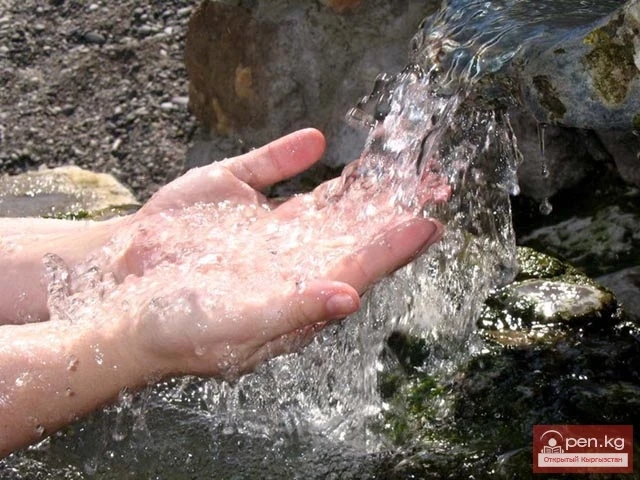
On the Origin of Carbonated Waters of Kyrgyzstan
The question of the origin of carbonated waters is one of the most controversial in hydrogeology...
Sharp pressure drops may be linked to accelerated brain aging, -study
A study conducted by specialists from the University of Southern California has shown that even...

Interesting in the World
Just Facts The lake of Death located in Sicily is considered the most "dead." Any living...
Every year, approximately 10.9 million hectares of forest disappear worldwide.
According to information from the UN News Service, forests are under serious threat due to climate...
Paleontologists have discovered a new predatory dinosaur in Argentina, dating back 231 million years.
According to a study published in the journal Nature Ecology & Evolution, an international...
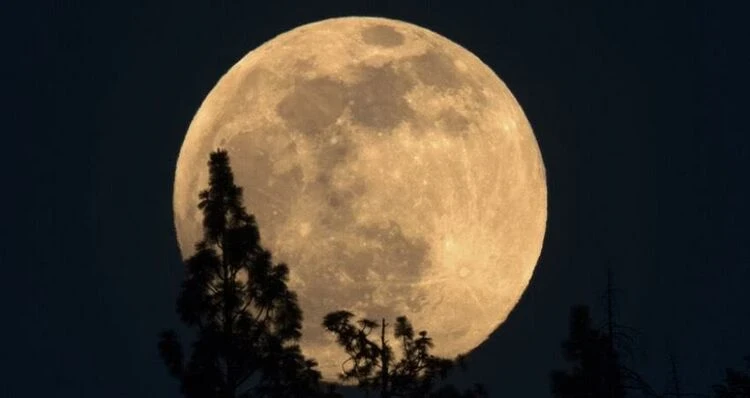
Residents of Earth will be able to see the largest supermoon on November 5.
Photo from the internet On November 5, residents of Earth will be able to observe the largest and...

Kozhogulov Kamchybek Chonmurunovich
Kozhogulov Kamchybek Chonmurunovich Doctor of Technical Sciences, Professor, Corresponding Member...
New archaeological site dating back to approximately the 2nd–1st centuries found in Kara-Suu
Employees of Osh State University conducted excavations at the Shut pasture, located in the rural...
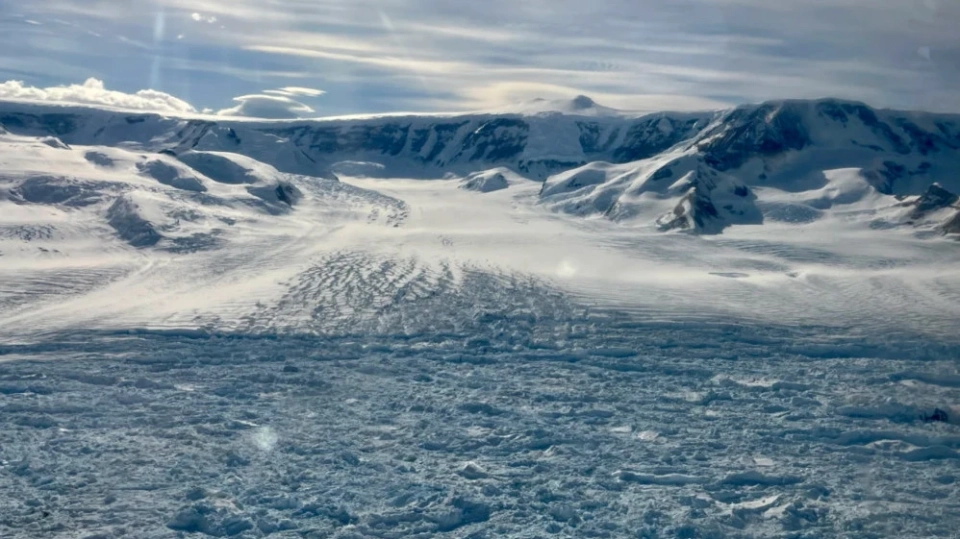
Glacier in Antarctica Shrunk by Nearly Half in Two Months, Study Finds
The Hektoria Glacier, whose area is comparable to that of Philadelphia, is located on the...
Scientists have found a molecule that helps the heart recover after a heart attack
A group of scientists from the Temple University School of Medicine (USA) has identified a new...

Hunting Dog Breed Exhibition, April 19
The Chuy-Bishkek Society of Hunters and Fishermen will hold its annual hunting dog show on April...
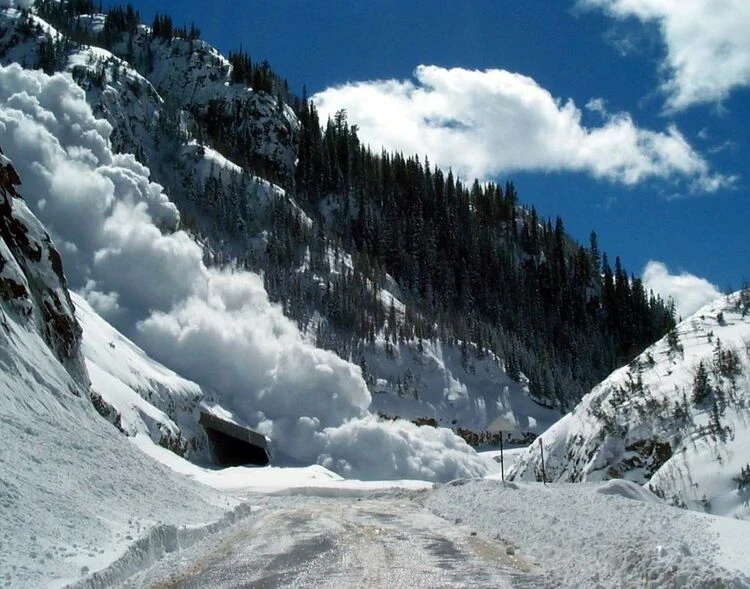
A storm warning has been issued in the mountainous regions of Kyrgyzstan
Photo by the Ministry of Emergency Situations. Storm warning in the mountainous regions of...
"Orange-yellow balls have appeared on the trees in the Chui region"
In the forests of the Chui region, mushrooms resembling orange-yellow balls have been found in...
In the regions of Kyrgyzstan, there was a snowfall, while in Cholpon-Ata — clear weather
In Cholpon-Ata, clear skies and a clean lakeshore are observed, which is typical for the autumn...
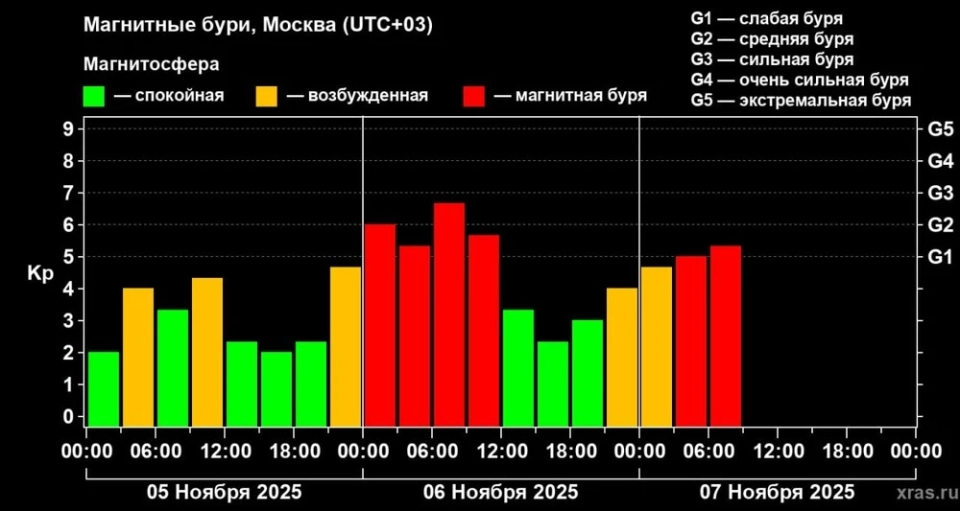
The largest geomagnetic storm of this year has begun on Earth
On this day, the Earth is facing the influence of a large coronal hole and two streams of plasma...

Sergey Dmitrievich Turovsky
Turovsky Sergey Dmitrievich (1920-1980), Doctor of Geological and Mineralogical Sciences (1966),...
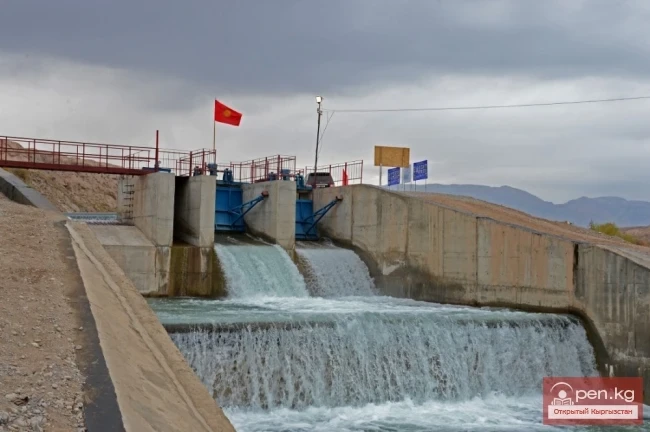
Drinking Water and Glaciers
Water resources are vital for the economy, humans, and the environment; they are the most...
More than a billion people on Earth suffer from declining crop yields - FAO
Approximately 1.7 billion people, including 47 million children under the age of five, suffer from...

A Little Information About Our Planet
Just the Facts The deadliest tsunami ever recorded occurred on December 26, 2004, in Southeast...

Natural Useful Flora of Kyrgyzstan
Groups of Useful Plant Species in Kyrgyzstan Currently, useful substances have been found not only...
